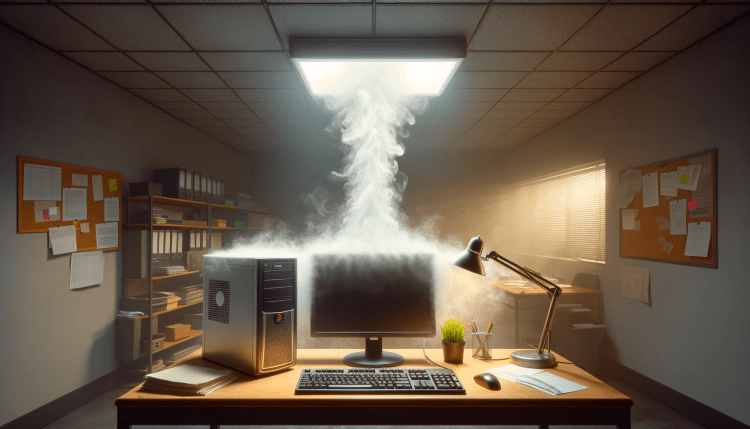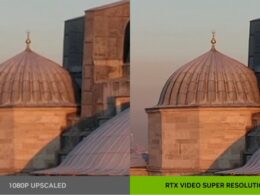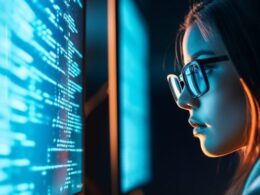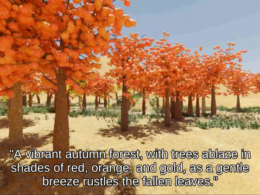Nightshade, a revolutionary tool developed by computer science researchers at the University of Chicago, has garnered immense popularity within just five days of its release. The tool is designed for artists to protect their artwork from unauthorized use by AI models. With a total of 250,000 downloads in its initial days, Nightshade has clearly struck a chord with the artistic community.
The project leader, Ben Zhao, who is also a professor of computer science, expressed his astonishment at the overwhelming response. He stated, “I expected it to be extremely high enthusiasm. But I still underestimated it…The response is simply beyond anything we imagined.”
According to the Bureau of Labor Statistics, the United States alone has over 2.67 million artists. However, Zhao believes that the users of Nightshade are not limited to this specific group. He mentioned, “Based on reactions on social media, the downloads come from all over the globe.”
How Nightshade Works
Nightshade disrupts AI image models by modifying artworks shared on the internet. By altering the pixel-level details, Nightshade makes the images appear different to machine learning algorithms. For instance, a cow may be transformed into a purse. Through training on these modified images, AI algorithms can generate erroneous results based on user prompts.
Zhao and his team — Shawn Shan, Wenxin Ding, Josephine Passananti, and Heather Zheng — developed and released Nightshade as a means to increase the cost of training on unlicensed data. They aim to provide an alternative that encourages the licensing of images directly from their creators.
The Success of Nightshade and Future Plans
Shortly after Nightshade’s release on January 18, 2023, the demand for downloads overwhelmed the University of Chicago’s web servers. As a result, mirror links were added to enable users to download the tool from alternate cloud locations.
Meanwhile, the team’s earlier tool, Glaze, which prevents AI models from replicating an artist’s signature style, has received 2.2 million downloads since its release in April 2023. The creators plan to combine Glaze with Nightshade in a future release, offering both protective and offensive measures against AI model training.
When asked about the timeline for the combined tool, Zhao mentioned that it will take at least a month, if not longer, to complete comprehensive testing to avoid any unexpected issues. Despite this, the artistic community has already started using Glaze and Nightshade together, even though it requires more time and effort.
Zhao indicated that an open-source version of Nightshade might be developed in the future. However, he emphasized the need for additional time to release different versions of the tool.
While the researchers have not had direct communication with the developers of AI image generating technologies, such as OpenAI and Stability AI, Zhao believes that an open dialogue between all parties would be beneficial.










